
Consumer demand is bringing black seed into the mainstream. Here are some of the studies on its functions driving growth.

Consumer demand is bringing black seed into the mainstream. Here are some of the studies on its functions driving growth.
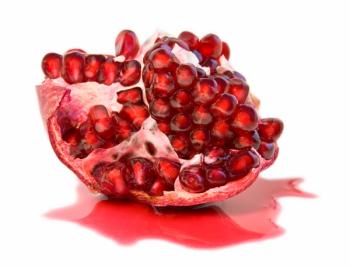
An Herbalife scientist explains why it is difficult to determine the amount of punicalagins A&B and ellagic acid simultaneously in pomegranate fruit rind.
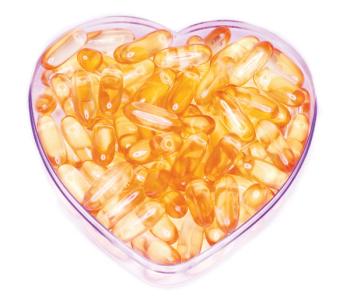
The equation the researchers devised might make it possible to determine how much omega-3 EPA and DHA is needed to elevate the omega-3 index to the desired level.

A recently published double-blind, randomized trial found that supplementation with tomato carotenoids containing a standardized lycopene content, may improve blood pressure in hypertensive patients.

A study recently published in the American Journal of Clinical Nutrition evaluated the effects of polyphenol-rich aronia berries on cardiovascular health and gut microbiota.

As mushroom-product sales skyrocket globally, here is a look at some of the biggest players.

A study recently published in BCM Complementary and Alternative Medicine shows that a standardized extract of Phyllanthus emblica fruit, otherwise known as amla, supports endothelial function, oxidative stress, immune response, and lipid profile.
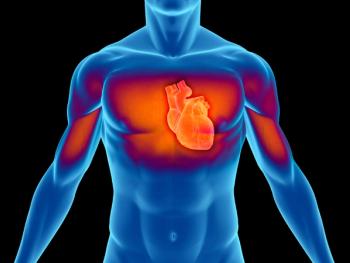
The researchers from the National Institutes of Health note that there is a lot to learn about palmitoleic acid’s impact on atherosclerosis.

The study shows that vitamin K deficiency is associated with greater arterial stiffness, supporting supplementation with vitamin K.

A study recently published in Circulation is challenging our understanding about the effect high levels of omega-6 fatty acids have on human health.

The need for K2 supplementation is prevalent, and K2 suppliers are doing their best to increase the presence of K2 in the dietary supplement market

Sabinsa’s worldwide president Shaheen Majeed underscored the greater metabolic health implications of ForsLean beyond just weight control.
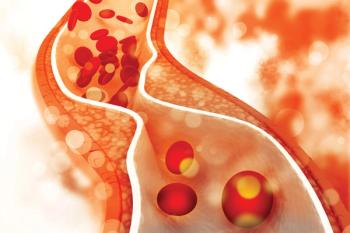
The heart health category remains important to the dietary supplement industry because it includes a stable of products that have proven efficacy and consistent usage.

Amla extract standardized for polyphenols and omega-3 ALA significantly reduced cholesterol levels in recent study.
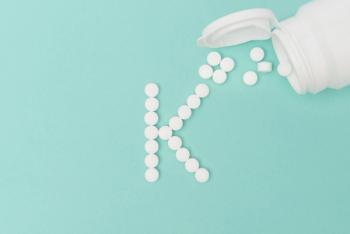
This new review paper is a component of a campaign to raise awareness of the unique health impacts of vitamin K2 and thus the need for an RDI specifically for vitamin K2.

A new review published in Frontiers in Cardiovascular Medicine examines the impact calcium supplementation has on bone and cardiovascular health, and the role vitamin K2 may play in proper calcium utilization in the body.

A new study published in Phytotherapy Research demonstrates the long-term benefits of a nutraceutical formulation containing a polyphenol-rich extract of wild brown seaweed and chromium picolinate.

The magnesium supplements market is still largely untapped, with lots of potential for growth.
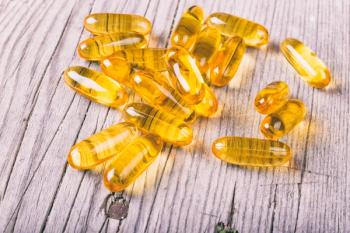
The omega-3 industry will continue its efforts to overcome unfairly negative messaging about omega-3 ingredients and to highlight positive findings.
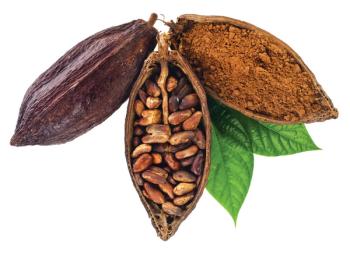
Research on cocoa and chocolate reveal positive impacts on arterial health, exercise-related brain function, and more.

The review found that dietary supplements and foods including omega-3s, polyphenols, and vitamin D, plus fruits and vegetables, may be effective in reducing pro-inflammatory cytokines found in metabolic syndrome, cardiovascular risks, and obesity, and may also improve the body’s lipid profile.

The latest on heart health ingredients and their recent science

Are these lesser-known plants ready for prime time?

Although the public has yet fully to appreciate vitamin K2, advocates are working overtime to change that. Here’s how an official recommended daily intake (RDI) value could help.
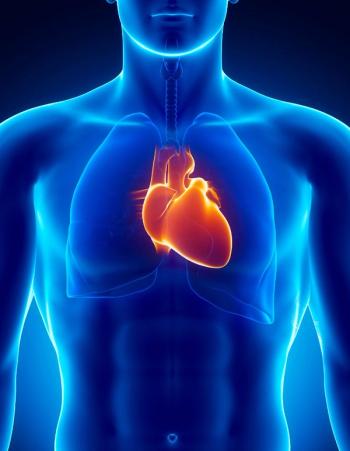
NattoPharma continues to build evidence that its MenaQ7 vitamin K2 MK-7 ingredient provides significant and unique benefits for heart health.